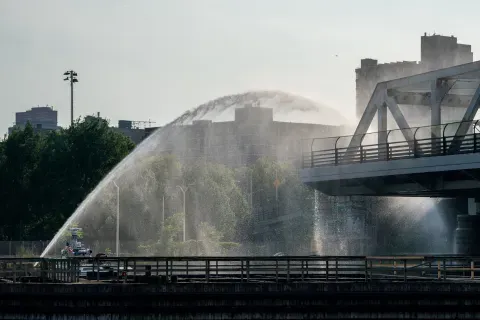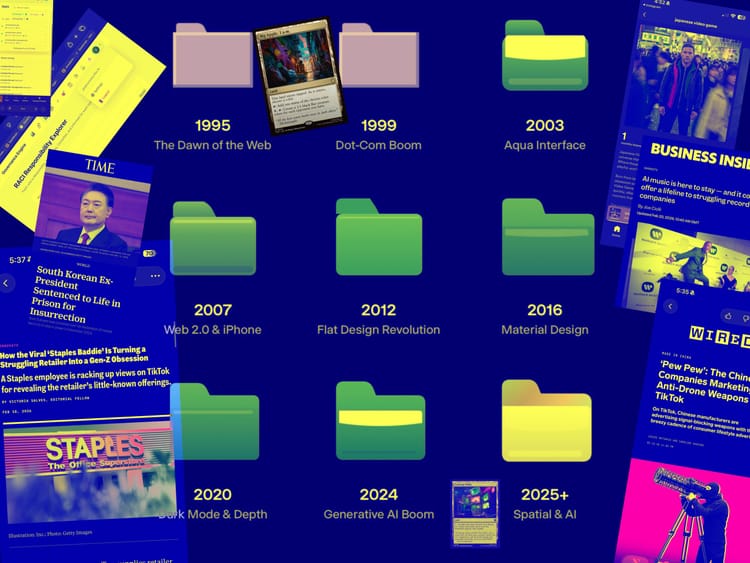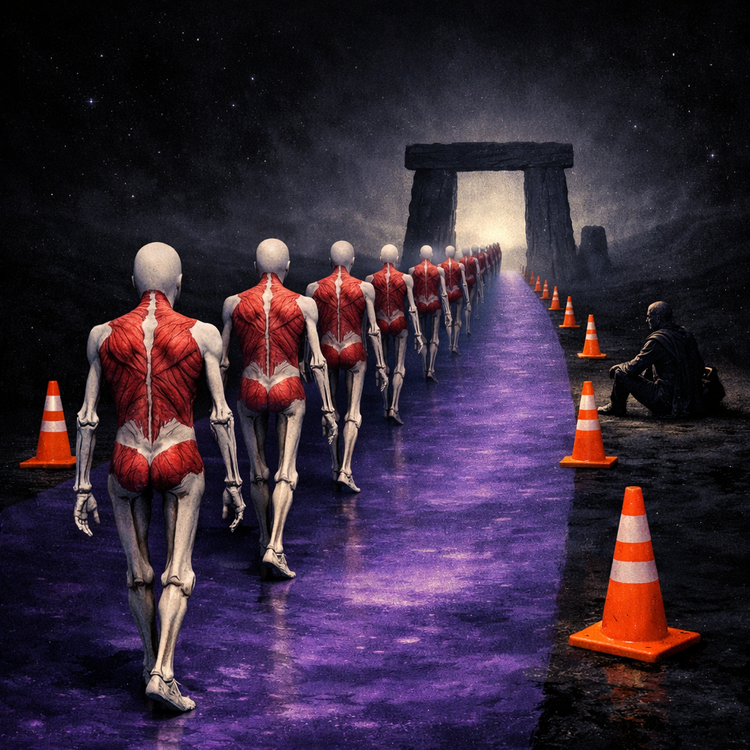Building (working) Bridges

When Bridges Fail: A Metaphor for Our Socioeconomic Systems
On the hottest day of 2024 in New York City, as temperatures soared to 35°C (95°F), an unexpected incident occurred that serves as a poignant metaphor for the broader challenges facing our societal structures. The Third Avenue Bridge, a vital link between Manhattan and the Bronx, became stuck in its open position, unable to close due to the extreme heat causing its metal components to expand.
The Incident: A Snapshot of Vulnerability
Built in 1898, the Third Avenue Bridge has stood as a testament to human engineering for over a century. Yet, on this sweltering Monday, it succumbed to the forces of nature, leaving commuters stranded and city officials scrambling for solutions. Firefighters were seen pumping gallons of water onto the structure in a desperate attempt to cool it down and restore functionality.
This incident, while localized, mirrors the vulnerabilities in our larger socioeconomic systems. Just as the bridge failed under extreme conditions, our political and economic structures often reveal their weaknesses when pushed to their limits.
Capitalism vs. Communism: Systems Under Stress
The bridge's failure serves as an apt analogy for the shortcomings of both capitalist and communist systems when faced with extreme challenges:
- Capitalism's Short-Term Focus: In a purely capitalist system, infrastructure maintenance might be neglected in favor of more immediately profitable ventures. The bridge, built in 1898, raises questions about long-term investment in public infrastructure versus short-term profit motives.
- Communism's Centralized Decision-Making: In a communist system, the response to such a crisis might be slowed by bureaucratic processes, potentially delaying crucial repairs or upgrades that could have prevented the incident.
Beyond the Binary: The Need for Adaptive Systems
The bridge incident highlights the necessity for systems that can adapt to changing conditions - a lesson applicable to our governance models:
- Climate Resilience: The extreme heat causing the bridge failure underscores the urgent need for climate-adaptive infrastructure, reflecting the broader challenge of creating economic systems that prioritize environmental sustainability.
- Rapid Response Mechanisms: The quick action of firefighters to cool the bridge demonstrates the importance of flexible, responsive governance, regardless of the overarching economic system.
- Public-Private Collaboration: The incident shows how public infrastructure (traditionally associated with more socialist policies) and private innovation (often attributed to capitalist systems) must work in tandem to solve complex problems.
Global Parallels: A World Under Strain
The Third Avenue Bridge is not an isolated incident. Around the world, we see systems straining under extreme conditions:
- Wildfires in Greece and Cyprus forcing mass evacuations
- Over 1,300 deaths during the Hajj pilgrimage in Saudi Arabia due to extreme heat
- Karachi, Pakistan facing power cuts amidst scorching temperatures
These global events, like the bridge incident, reveal the interconnectedness of our challenges and the need for solutions that transcend traditional ideological boundaries.
Conclusion: Building Bridges, Not Walls
The Third Avenue Bridge incident serves as a wake-up call. It reminds us that our socioeconomic systems, like our infrastructure, must be constantly maintained, updated, and adapted to meet new challenges. Whether we lean towards capitalist or communist ideologies, the reality is that we need flexible, resilient systems that can withstand the heat - both literally and figuratively.
As we move forward, we must focus on building bridges between ideologies, not walls. We need economic and political systems that can adapt to extreme conditions, prioritize long-term sustainability, and respond quickly to crises. Only by synthesizing the best aspects of various systems and remaining open to new ideas can we hope to create a society that, unlike the Third Avenue Bridge, doesn't buckle under pressure but stands strong in the face of whatever challenges the future may bring.
In the end, the incident reminds us that no system is infallible, and the true measure of our success lies not in rigid adherence to ideology, but in our ability to adapt, collaborate, and innovate in the face of adversity. As we cool our overheated bridges, let us also work to temper the extremes in our economic and political ideologies, forging a path that is as flexible and resilient as it is just and sustainable.






Member discussion